
BEHIND A LAB COAT: There Are Great Stories to Be Told...
Tanner is a medical student, about to graduate from a university in the U.S., who fought for his American Dream and achieved it.
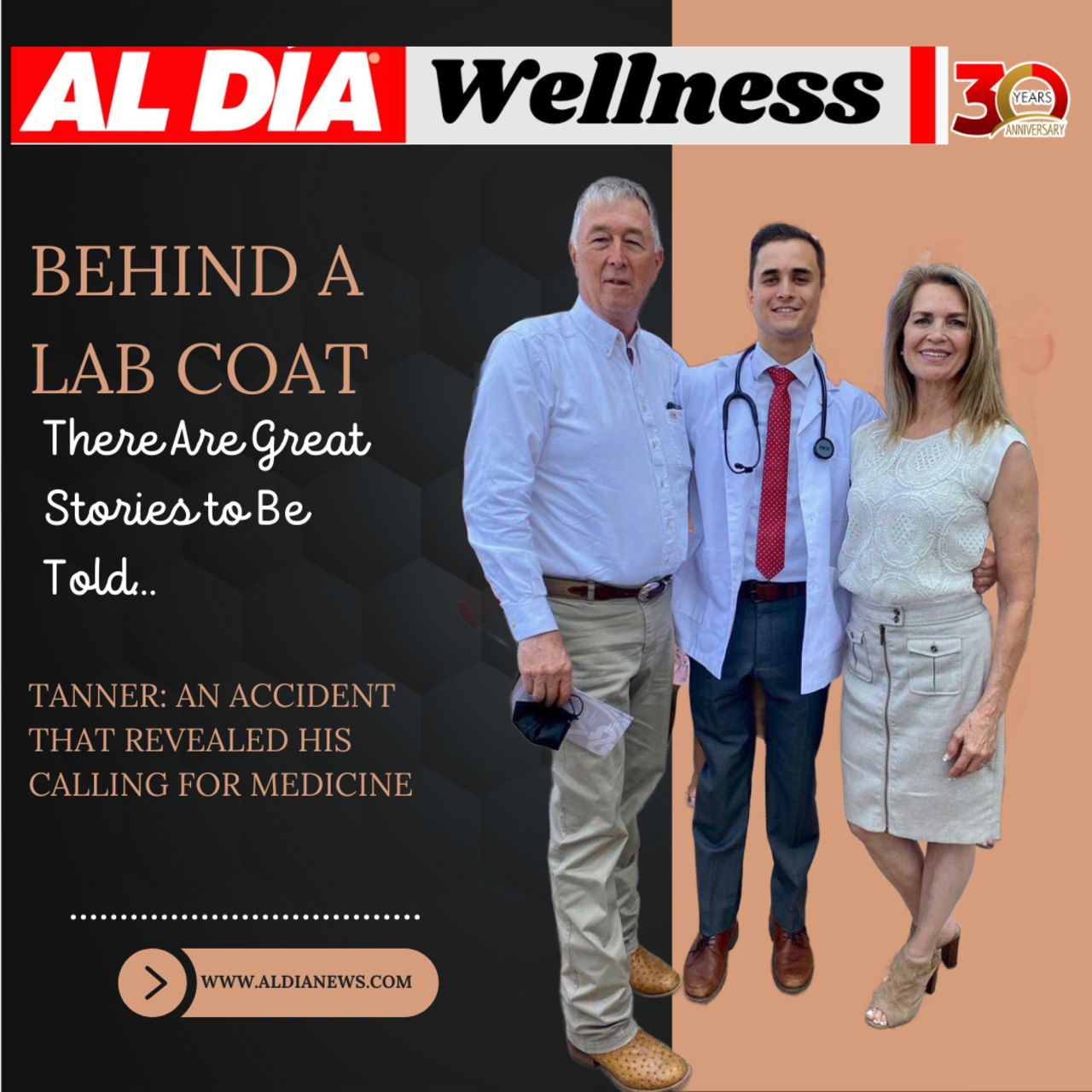
AL DIA WELLNESS: Could you tell us a little about your childhood and family? What do you remember the most?
TANNER: I was born in El Paso, Texas, but I grew up in a small town in the Casas Grandes municipality, Chihuahua, called Colonia Juárez. My family has lived in Colonia Juárez for several generations now, and they’ve always been involved in agriculture and livestock farming. I have many fond memories of the place where I grew up, and I visit every chance I get.
AL DIA WELLNESS: What motivated you to choose medicine as a career?
TANNER: Since I was a child, I always liked the idea of becoming a doctor. In middle and high school, the classes I was most interested in were always the natural sciences, especially biology, biochemistry, etc. I didn’t seriously consider studying medicine until I was 18 and injured my knee. I tore the anterior cruciate ligament in my right knee, a common sports injury. I had surgery in Chihuahua City, but it wasn’t done correctly. I had to find another orthopedic surgeon, this time in Arizona, because I was studying at Arizona State University. He explained the seriousness of my situation and that to fix what had gone wrong with the previous surgery, I would need several more surgeries. In total, I’ve had six surgeries on my right knee. What they were able to do with my knee and the technological advancements that exist today caught my attention and guided my decision to explore if medicine was right for me.
One of my uncles in Chihuahua organizes medical missions several times a year where doctors from the U.S. go to Nuevo Casas Grandes to provide medical services to people who probably wouldn’t have access to them. The team includes reconstructive plastic surgeons, ophthalmologists, dentists, and other specialists. Some of the procedures they perform include cleft lip and palate repairs, cataract surgeries, wisdom tooth extractions, and more. Some of the doctors didn’t speak Spanish, so I helped interpret patient encounters before and after the surgeries. Many of the doctors also gave me the opportunity to observe them in the operating room after I told them I was interested in studying medicine. This, along with other experiences, had a significant impact on me and influenced my decision to apply to medical school after college.
AL DIA WELLNESS: Who have been the most influential people in your life?
TANNER: I consider myself very fortunate because I’ve had so many positive influences and excellent role models in my life that it would be impossible to choose just one person. Among them are my dad, my mom, my three older brothers, my uncle (the one who organizes the clinic), and several family members and friends.
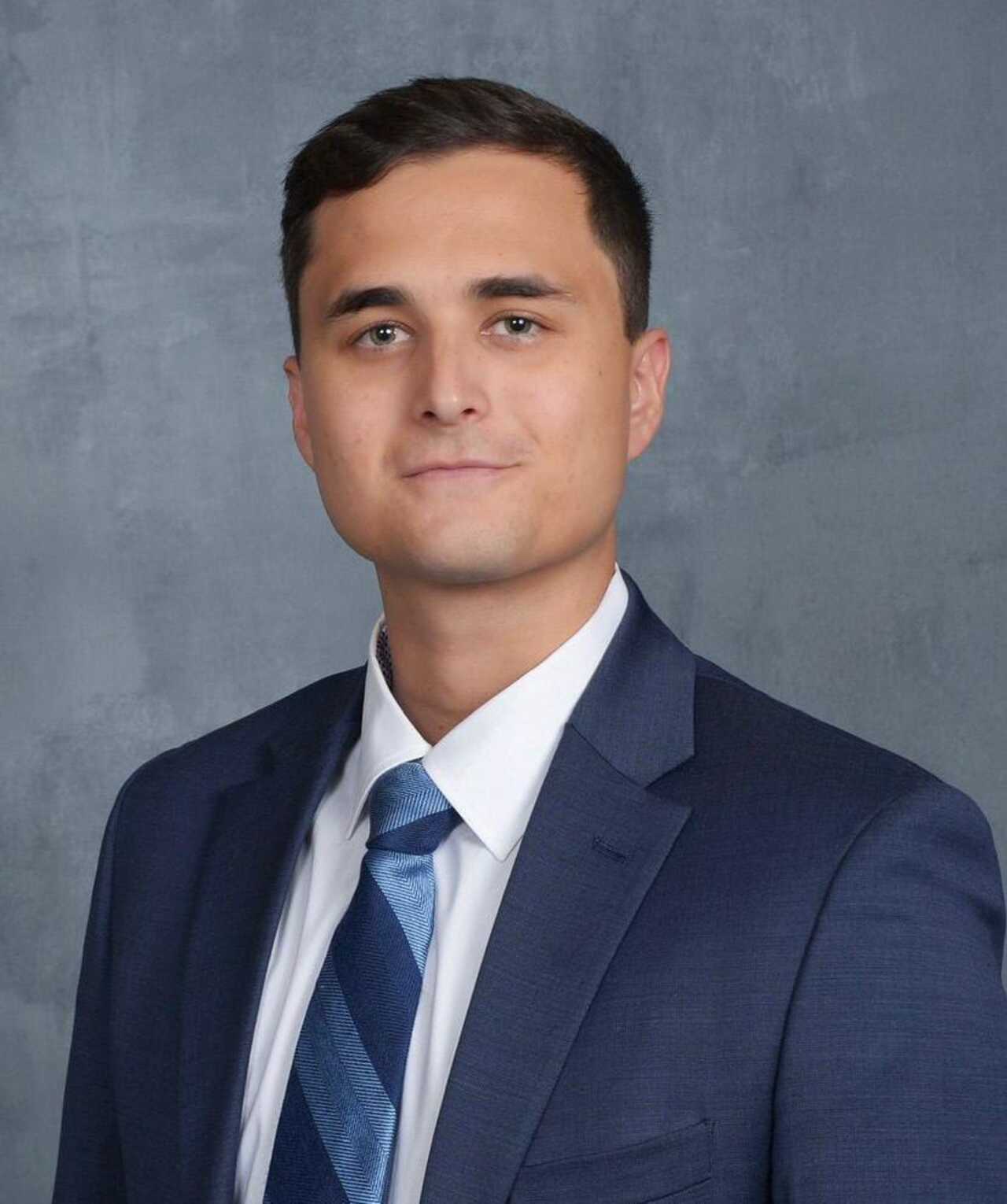
AL DIA WELLNESS: How do you balance your studies with your personal life?
TANNER: Honestly, it can sometimes be difficult to find a good balance between studying and managing everything that comes with personal life, like keeping in touch with family and friends, having a social life, finding time to do grocery shopping, exercise, go to the dentist, etc. Especially during the first few months of medical school, it was very tough for me. The sheer volume of material they give you to study every day made me feel like it was impossible to keep up. I spent hours and hours in the library after hours and hours of classes and labs, yet I still felt like I was behind. I saw my classmates also studying non-stop, just as stressed as I was. After a while, everyone finds what works for them.
AL DIA WELLNESS: What aspects of medicine do you find most challenging, and which ones motivate you the most?
TANNER: I’m motivated by the opportunity to participate in patient care. It’s always hard to see patients who have been dealt a bad hand with their health. It’s an honor for me that these patients allow me to be part of their medical team, and that motivates me to give my all and learn as much as I can so that, in the future, when I’m the one making the decisions, they’ll be the right ones.
AL DIA WELLNESS: Have you had any moments of doubt or frustration during your training? How did you overcome them?
TANNER: Very often. It’s a career that can sometimes be very frustrating. It’s very demanding and exhausting, but those moments of frustration never last long for me. When I put everything into perspective, I remember how incredibly fortunate I am to have the opportunity to study this.
AL DIA WELLNESS: What was the biggest obstacle you faced during your medical education, and how did you overcome it?
TANNER: Especially at the beginning, when I first arrived in Philadelphia, I struggled a bit to adjust to everything. Medical school has been much more demanding for me than my undergraduate degree (in biological sciences), and getting used to the volume of material we had to study was tough. Also, being so far from my family for the first time was hard. In Arizona, my family was just a five-hour drive away, so I could always visit whenever I wanted. Here, they’re much farther, and it’s harder to plan a trip to go visit them, so that was also a difficult change for me.
AL DIA WELLNESS: How do you see your career developing in the future?
TANNER: It’s too early to say what I’ll end up doing. I graduate in May and plan to start my residency. I’m currently in the process of applying for residency.
AL DIA WELLNESS: What do you consider your greatest academic and personal achievement so far?
TANNER: Now that I’m about to finish my fourth and final year of medical school, I’m academically proud of having made it through, after so many sleepless nights and sacrifices.
AL DIA WELLNESS: Is there a specific case or situation with a patient that left a deep impact on you?
TANNER: Many patients have taught me important lessons. Since we, as the medical team, often see them in very vulnerable states, one of the most important things they’ve taught me is to set aside my own biases, which we all have as humans, and do everything possible to provide the best medical care.
AL DIA WELLNESS: What advice would you give to someone who dreams of specializing in medicine?
TANNER: Do your own research and expose yourself to all areas of medicine. Reach out to doctors in different specialties; don’t be afraid of being told no. It’s not a big deal if someone says no. Many doctors would be more than happy to have you with them for a day so that you can explore more and decide if it’s a career you’re interested in.
AL DIA WELLNESS: Do you think medicine is a career of the future?
TANNER: There will always be a need for this work.
AL DIA WELLNESS: Is it worth studying for so many years for just one career?
TANNER: That 100% depends on the person. For me, it’s a yes. Yes, it’s a long path: four years of college where you have to take difficult prerequisite courses for medicine, a nerve-wracking application process that includes the MCAT, four years of medical school with many exams, spending all day in the hospital six days a week and still having to go home to study (I’m in my fourth year), plus three to seven years of residency (depending on your specialty).



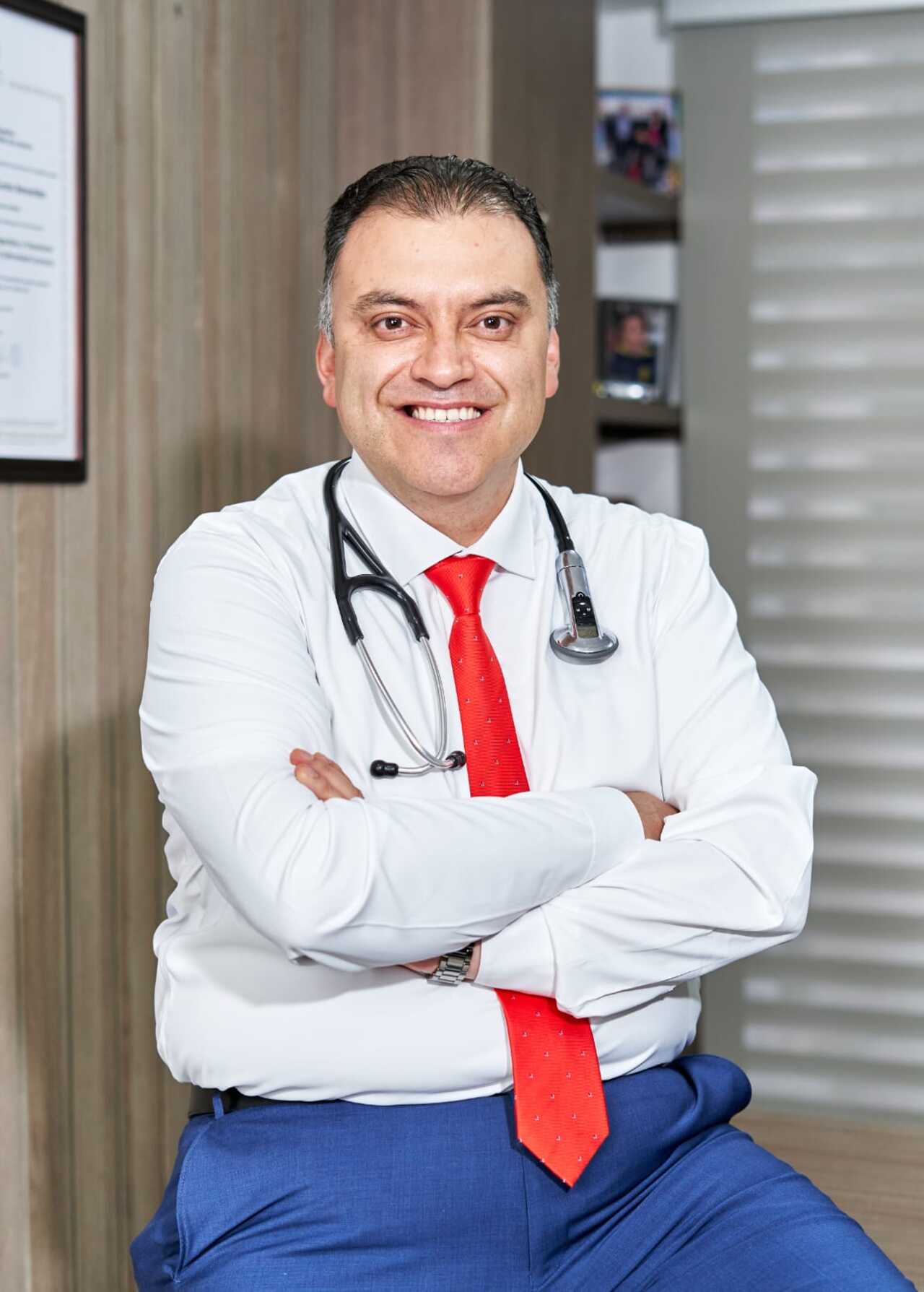
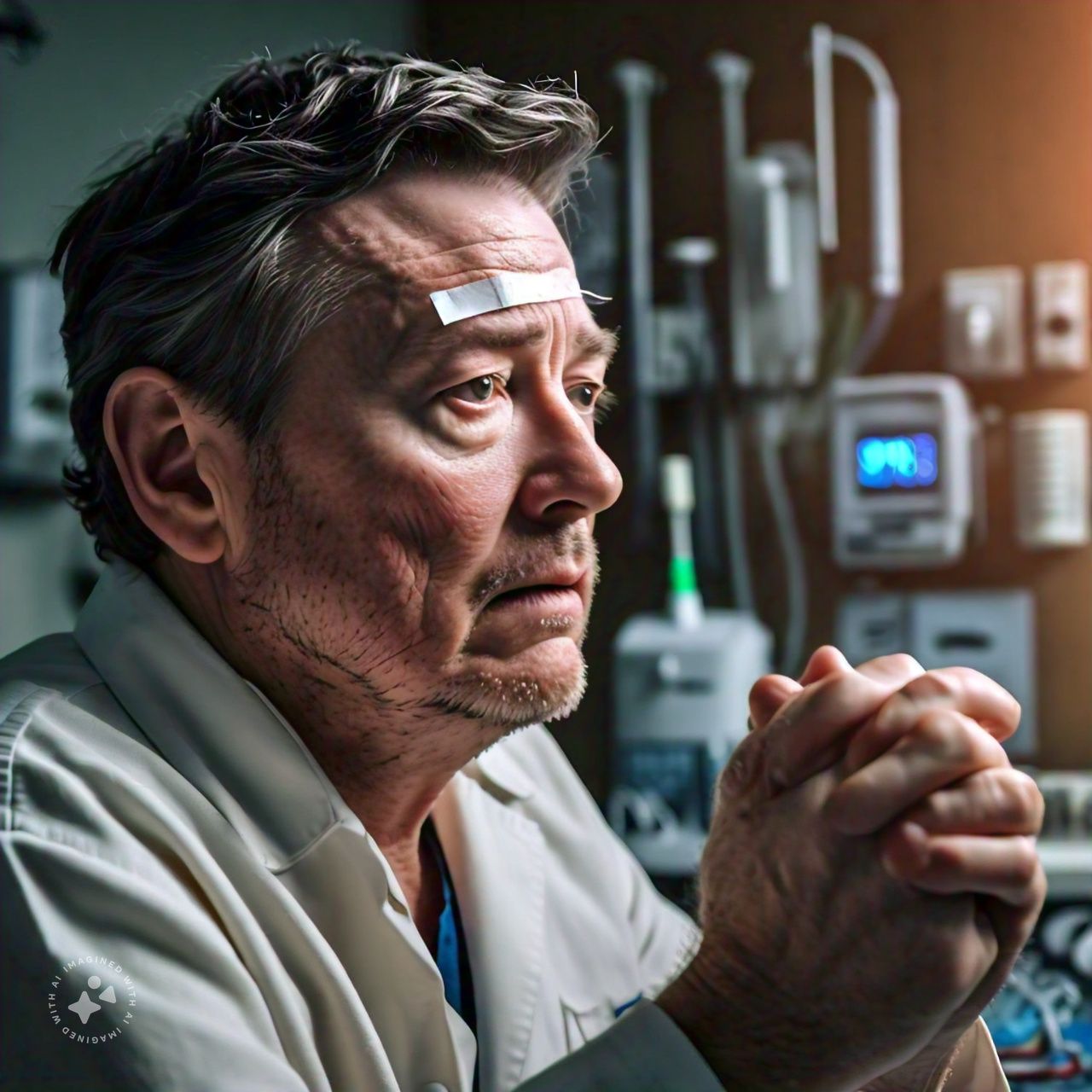
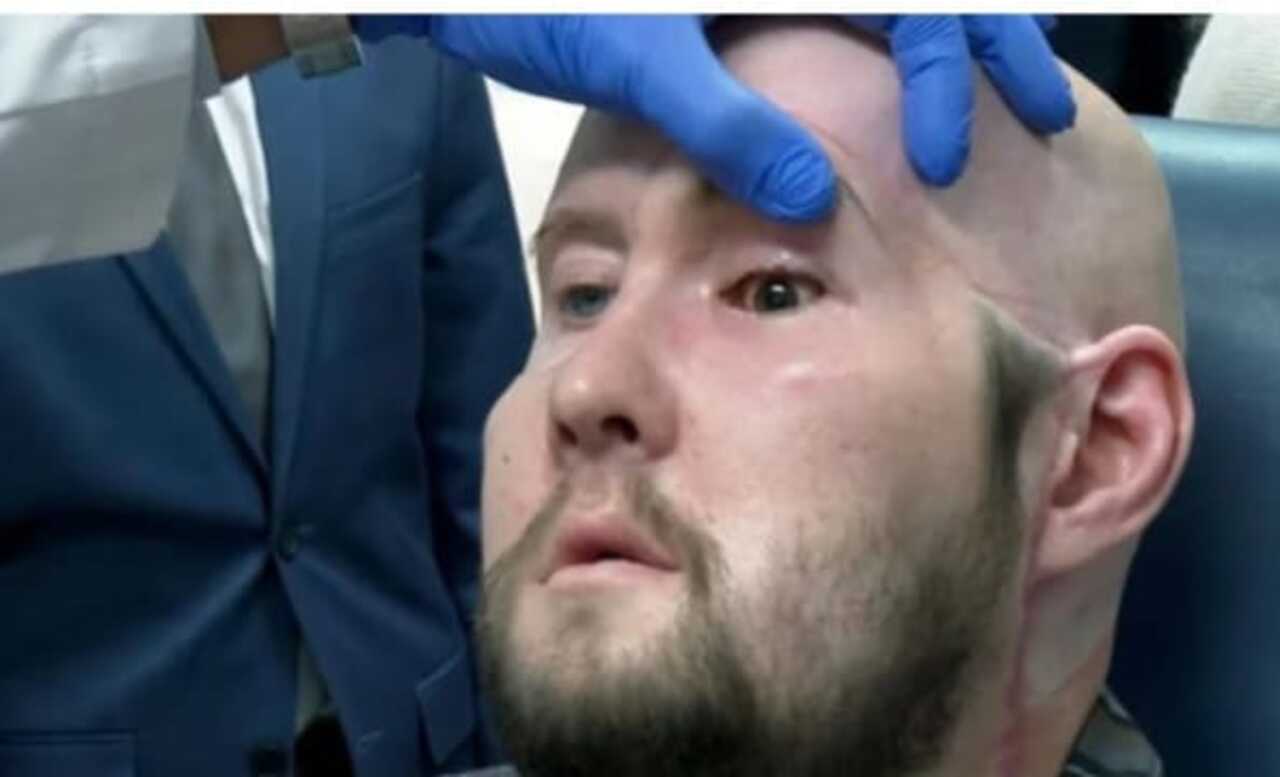
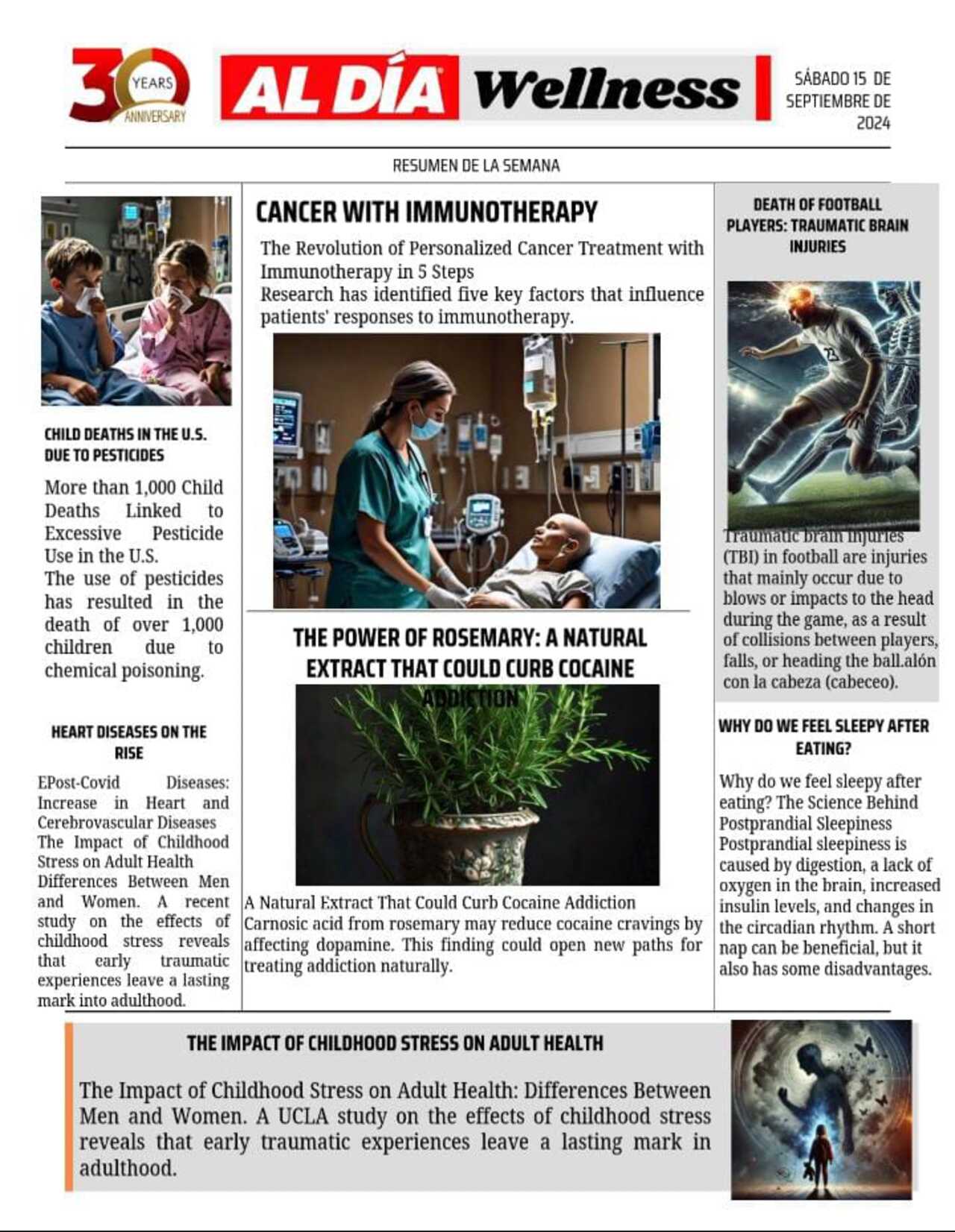


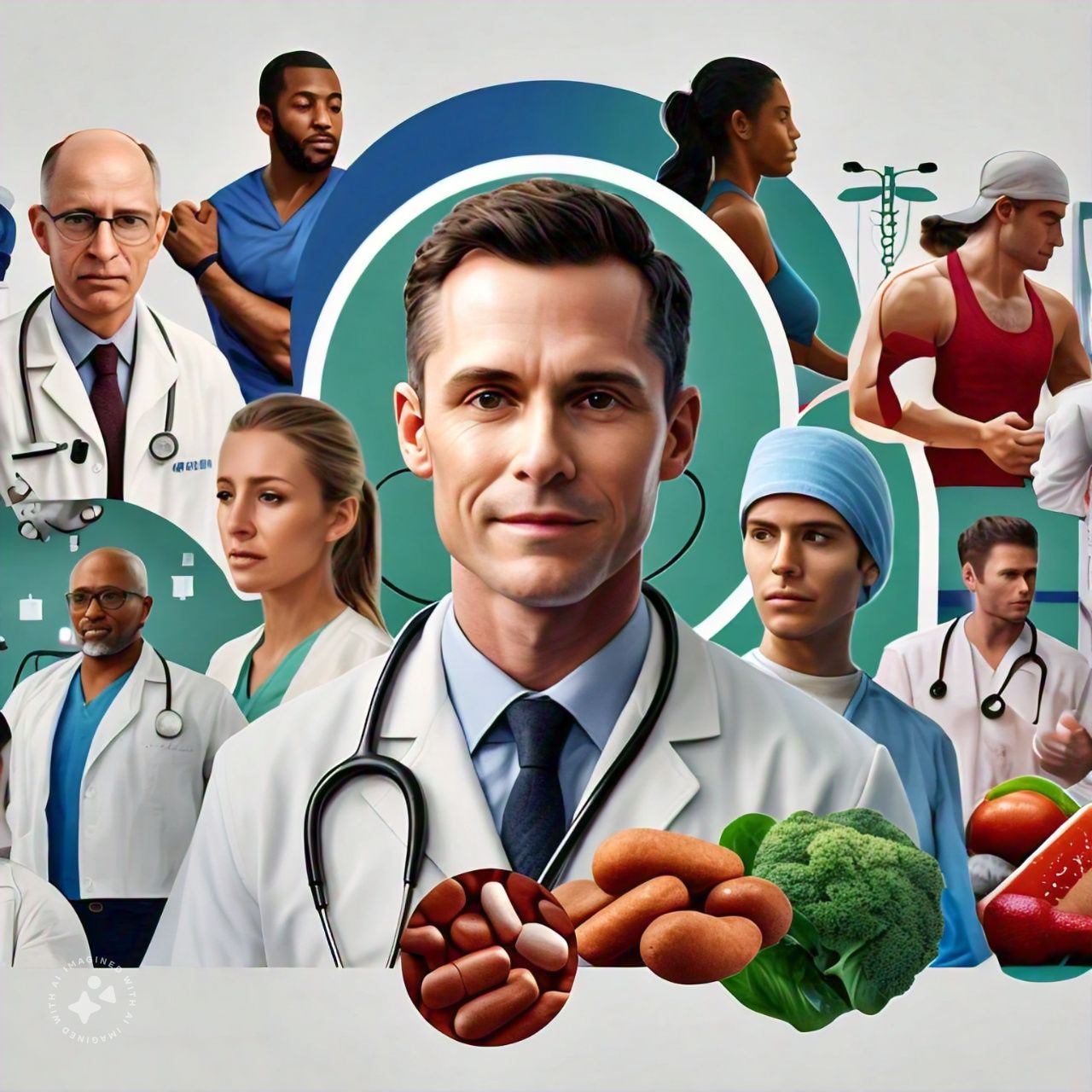
LEAVE A COMMENT:
Join the discussion! Leave a comment.